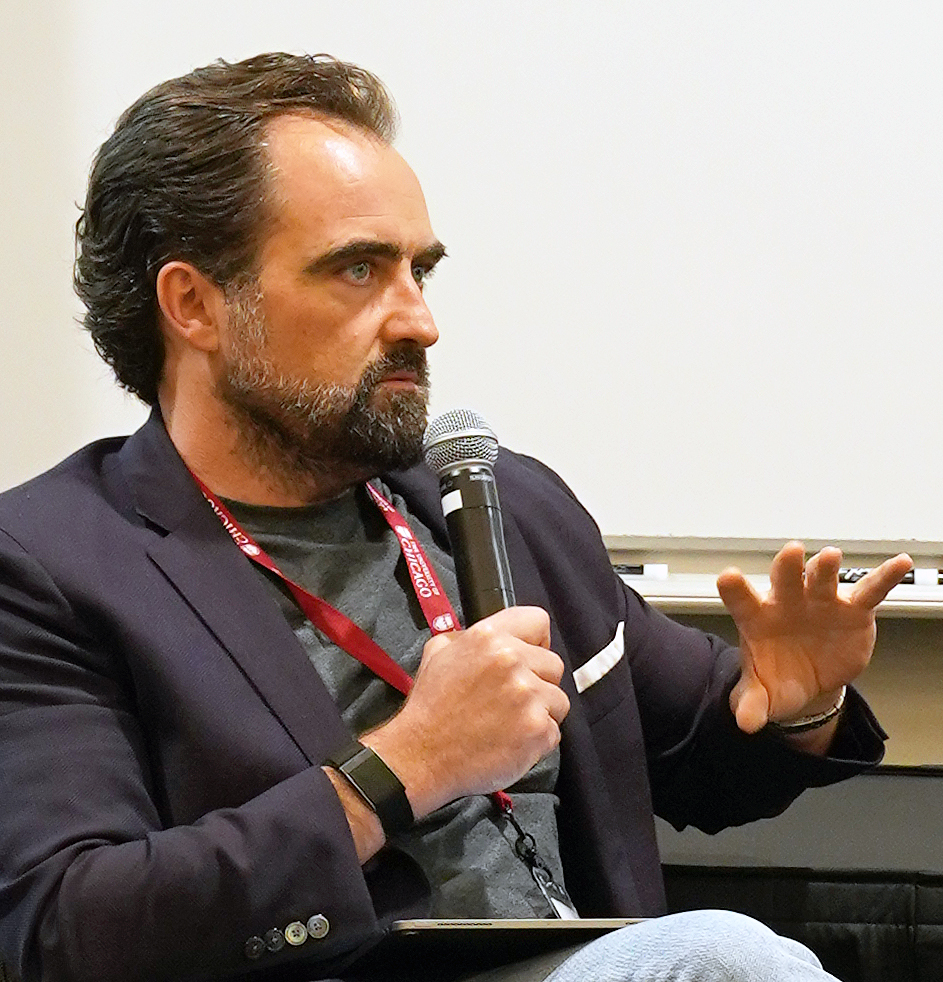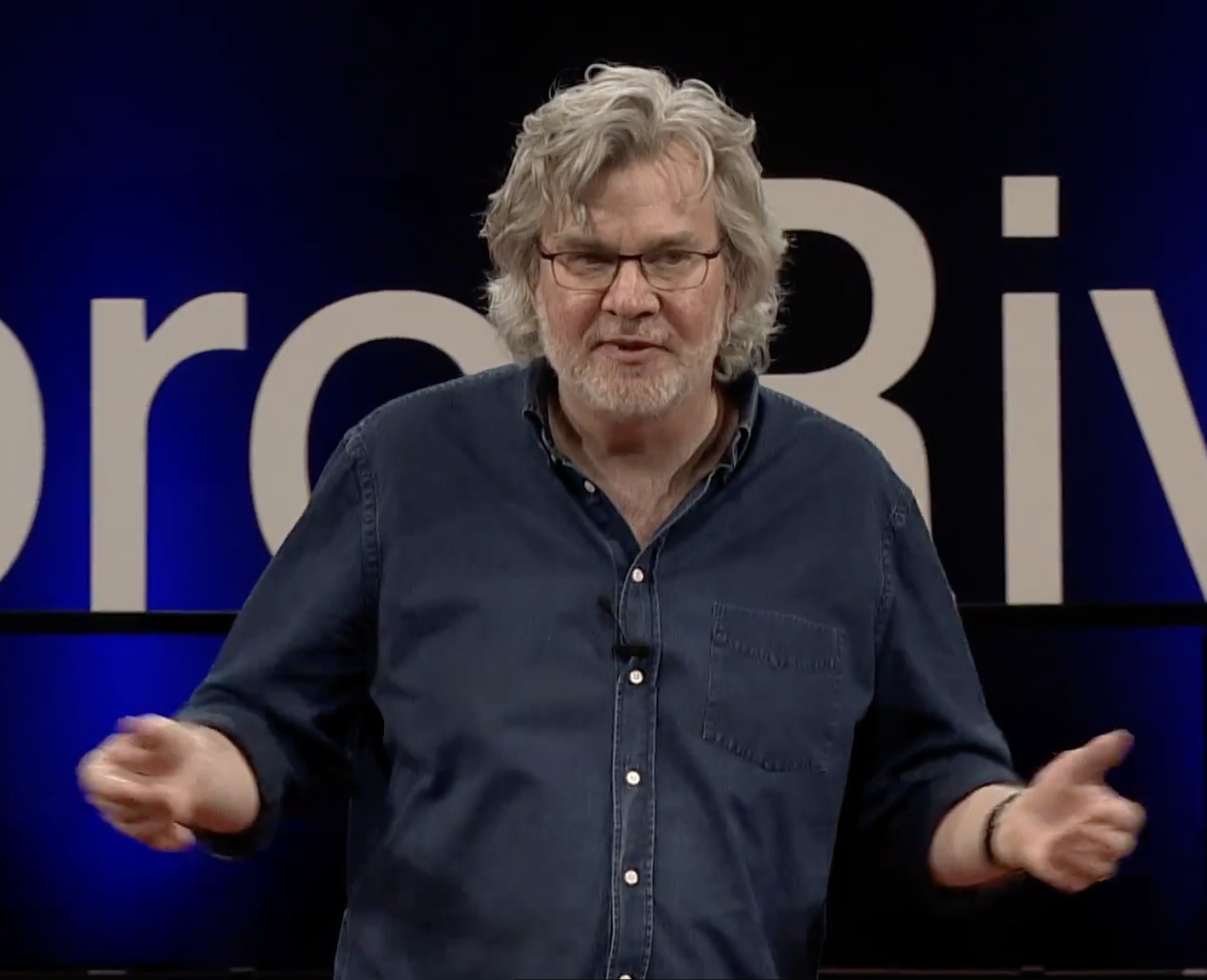Articles
Articles and stories on timely topics and trends across a variety of industries.
A Systems Approach to Revenue Leadership
For veteran CRO Dan Frailey, great Chief Revenue Officers don’t follow the playbook—they write one tailored to their specific company, customers, and product. That’s how they create competitive advantage.
Chief Revenue Officer Executive Education


A Systems Approach to Revenue Leadership
For veteran CRO Dan Frailey, great Chief Revenue Officers don’t follow the playbook—they write one tailored to their specific company, customers, and product. That’s how they create competitive advantage.
Read time – 6 minutes

Leadership Unscripted
The Second City improv techniques protecting brands in crisis.
Read time – 6 minutes

Connecting Science with Compliance
Morayo Adebiyi-Uchendu, PhD, Regulatory Writing
Read time – 4 minutes

Editing Careers in the Digital Age
A certificate program shows how learning editing fundamentals opens doors to unexpected futures.
Read time – 5 minutes

Winning the Numbers Game
Helen Armalas, Editing certificate
Read time – 4 minutes

Reinvigorating Regional Media
Liz Long, Editing certificate
Read time – 3 minutes

The Art of Legal Precision: Why Lawyers Need to Learn to Edit
Shape narrative and craft arguments that are both engaging and tightly reasoned while using core editing and AI skills.
Read time – 4 minutes

Leading with Clarity When the Ground Won’t Stop Shifting
Crisis business communication to protect your brand and lead your people.
Read time – 5 minutes

Clear Words, Better Care
How CME credits for communication skills are expanding what it means to practice medicine.
Read time – 4 minutes

Expanding Expertise: From Lab Bench to Freelance Success
Nicole Cotroneo, Medical Writing and Editing and Regulatory Writing certificates
Read time – 5 minutes